Rwandans say UK deportation 'another brutal manifestation of neo-colonialism'
Rwandans are criticizing the UK’s new bill to deport asylum seekers to their country, calling it “ethically questionable” and yet “another brutal manifestation of Western neo-colonialism and imperialism.”
The law which Prime Minister Rishi Sunak proposed was given King Charles’s Royal Assent on Thursday, which is the final stage in the legislative process.
According to the new legislation, all asylum seekers entering Britain unlawfully will be relocated to Rwanda. Sunak has said the initial deportation flight is scheduled for July, pointing to a series of expulsions throughout the summer.
“The approach adopted is ill-advised. Personally, I think this deal is ethically questionable on many levels,” Louis Gitinywa, a Rwanda-based political analyst and a human rights lawyer, told Anadolu Agency.
“Also, this is again another brutal manifestation of Western neo-colonialism and imperialism because I don’t understand why poor countries of the Global South like Rwanda should bear the heavy cost of hosting migrants.”
Most of these people are “fleeing social and political troubles in their home countries ... (so) I think this is an oxymoron,” he added.
Tens of thousands of migrants have made their journey across the English Channel in small boats over the past few years, with a significant number seeking refuge from conflict and economic hardship.
The government asserts its goal is to discourage risky crossings in small boats and dismantle human trafficking operations.
However, the scheme has faced criticism from human rights organizations, which deem it both inhumane and unlawful.
They argue that there is no substantiated proof that this policy will effectively deter human trafficking or perilous boat journeys.
Despite Rwanda being frequently acknowledged as one of the most politically stable nations in Africa, numerous individuals accuse President Paul Kagame of governing through intimidation and suppression.
Reports say the UK provided a payment of $300 million to support the execution of the five-year agreement with Rwanda.
Gitinywa believes that Rwanda will face negative consequences as a result of the agreement.
“Honestly, there is always a cost with hosting refugees or migrants and asylum seekers, especially on access to public services such as health care, housing and education, as well as natural resources such as land and water,” he said.
He warned that hosting such a large number of people will likely take a heavy toll on Rwanda’s “weak and underfunded public services.”
Rwanda’s opposition Democratic Green Party, led by its president and lawmaker Frank Habineza, is among the political forces in Rwanda expressing resistance.
They voted against the treaty and continue to oppose the entire agreement. Habineza emphasized the party's current priority, stating that they insist on the utmost respect for fundamental human rights and procedures.
The party asserts that wealthy countries like the UK have a responsibility to fulfill their international duty by hosting refugees themselves, rather than transferring them to other nations, he stated.
On Thursday, French President Emmanuel Macron criticized the UK government for its decision to deport people to African countries as “a betrayal of our values”.
“This is a betrayal of our values and will lead us down the path of new dependencies on third countries,” Macron said.
He said he did not believe in “this model that some people want to put in place, which means that you go and look for a third country, for example in Africa, and send our immigrants there”.
Ireland's deputy Prime Minister Micheal Martin warned that the fear of being deported to Rwanda is prompting migrants to choose Ireland over the UK.
Leader: Iran has no proxy forces in West Asia
US fighter aircraft shot down ‘in friendly fire’ amid aggression on Yemen
Yemeni FM: Israel’s sponsors accountable for ongoing aggression on Sana’a
Eight Palestinians killed as Israel attacks Gaza school, hospitals
VIDEO | Rome, Milan host new protests in solidarity with Palestinians
Dec. 21: ‘Axis of Resistance’ operations against Israeli occupation
Spain jurists demand ties with Israel ties be cut
VIDEO | Press TV's news headlines


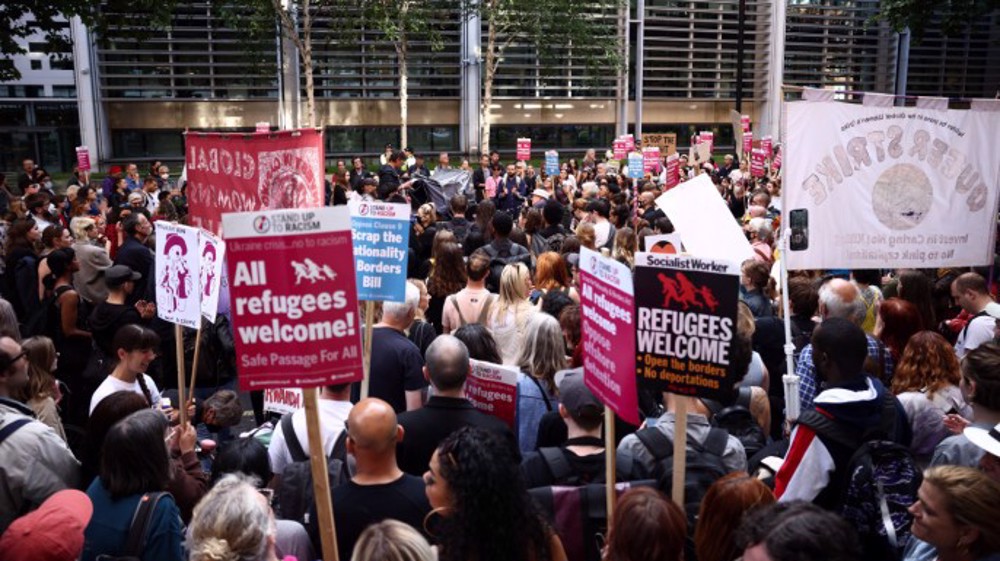
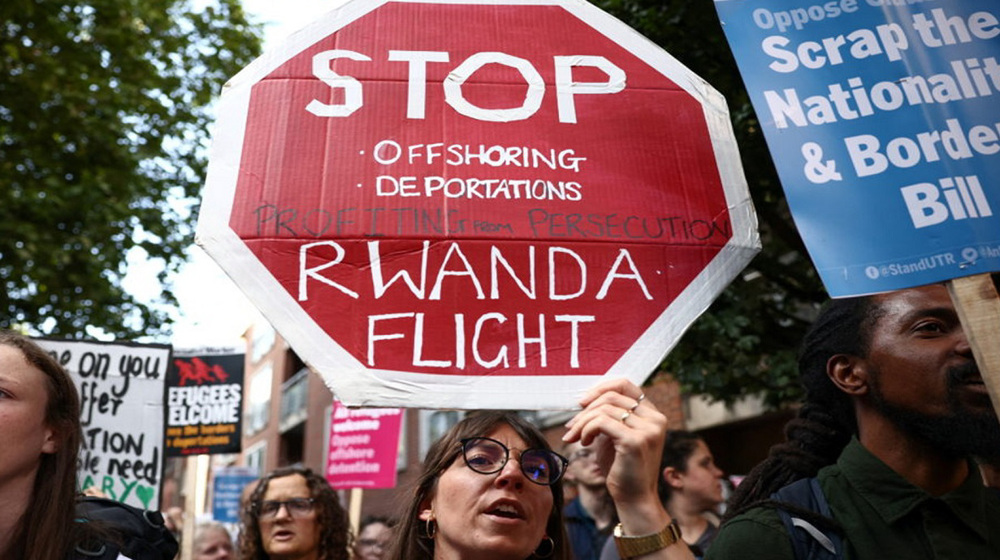
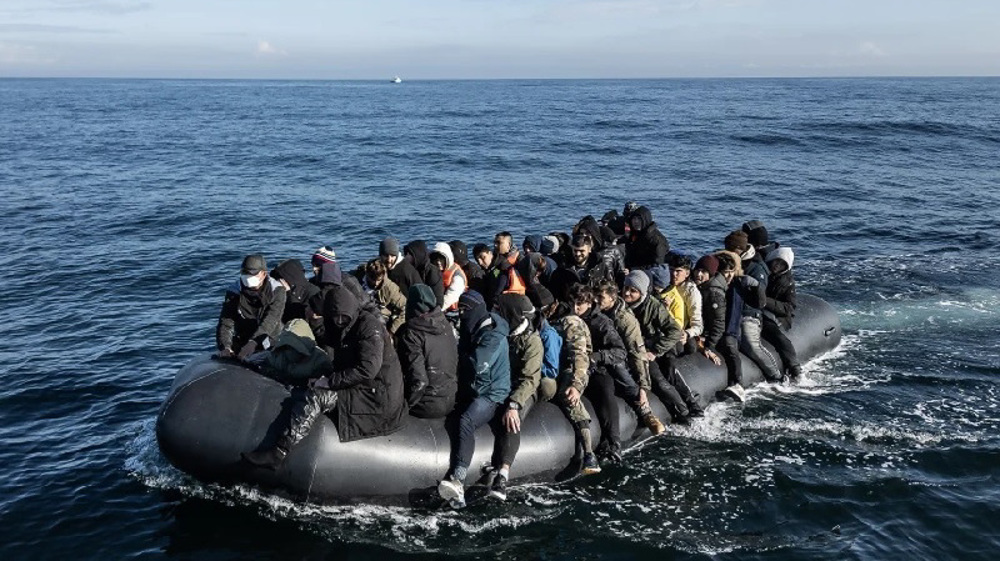






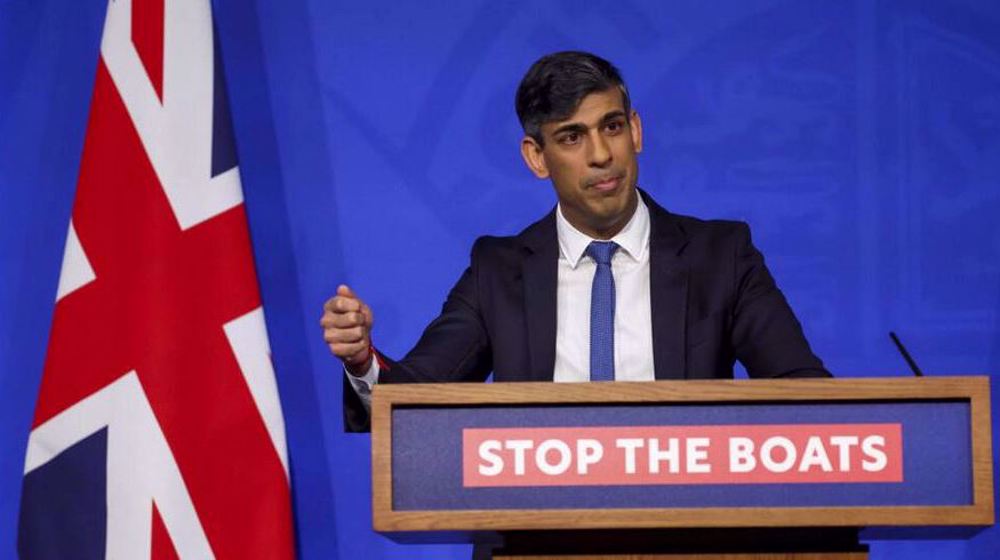
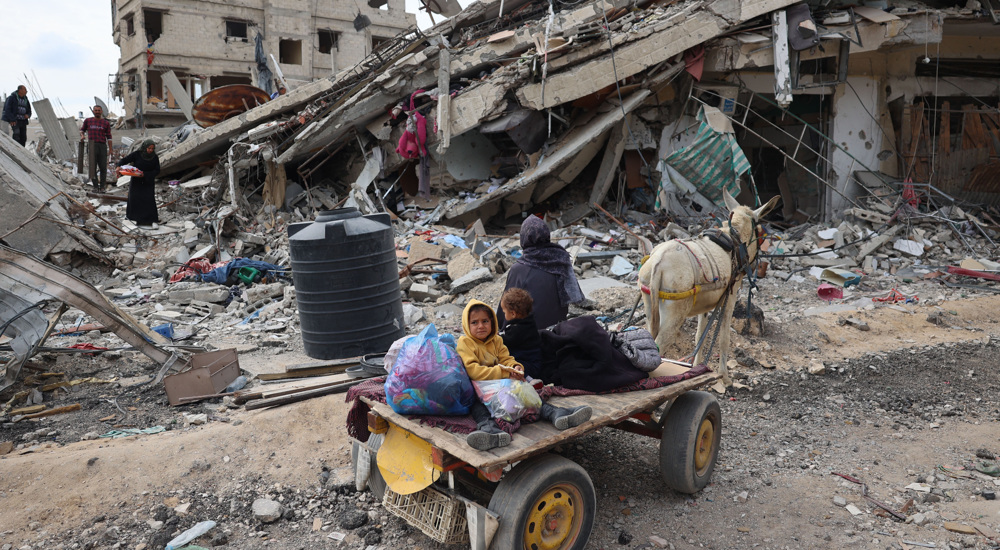
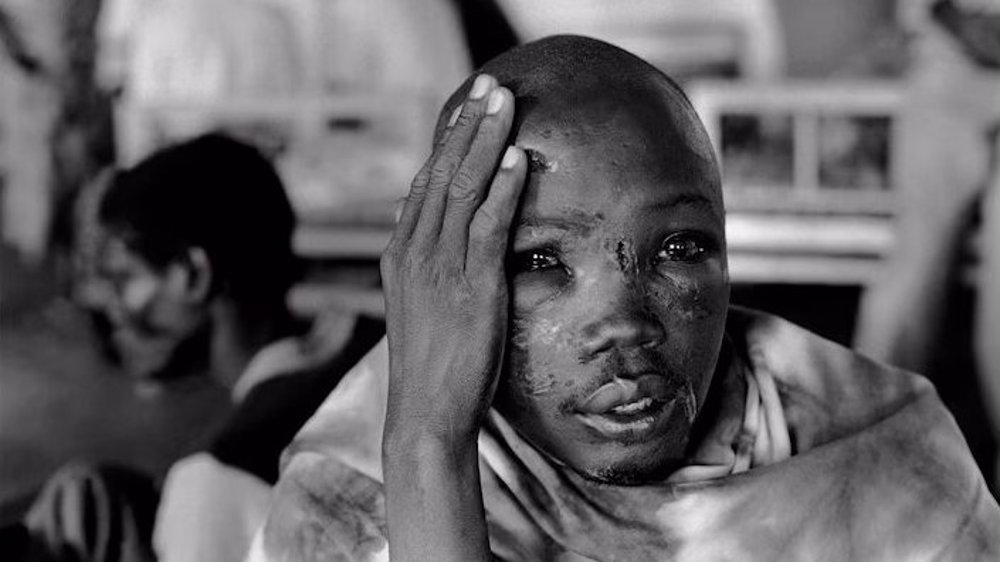
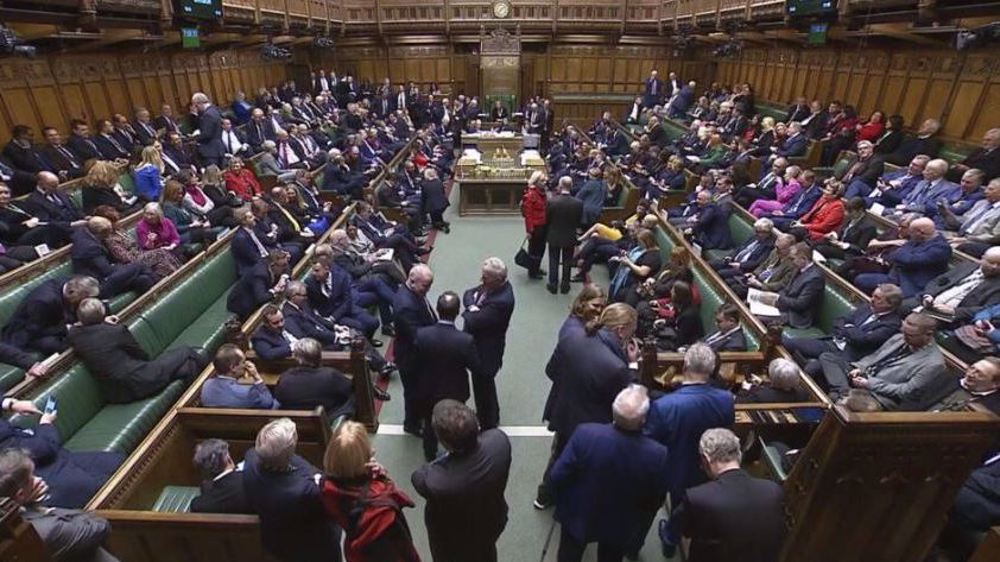
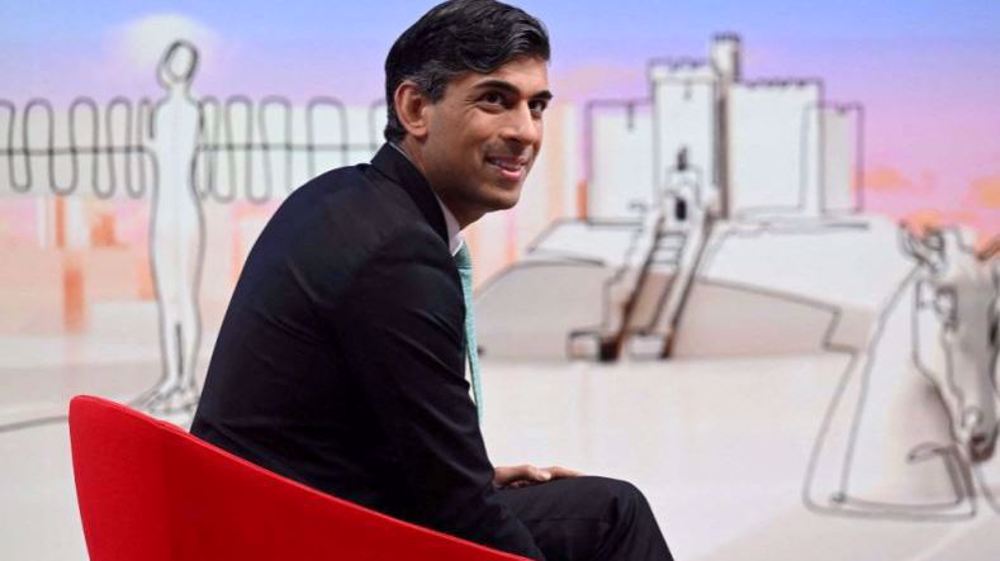
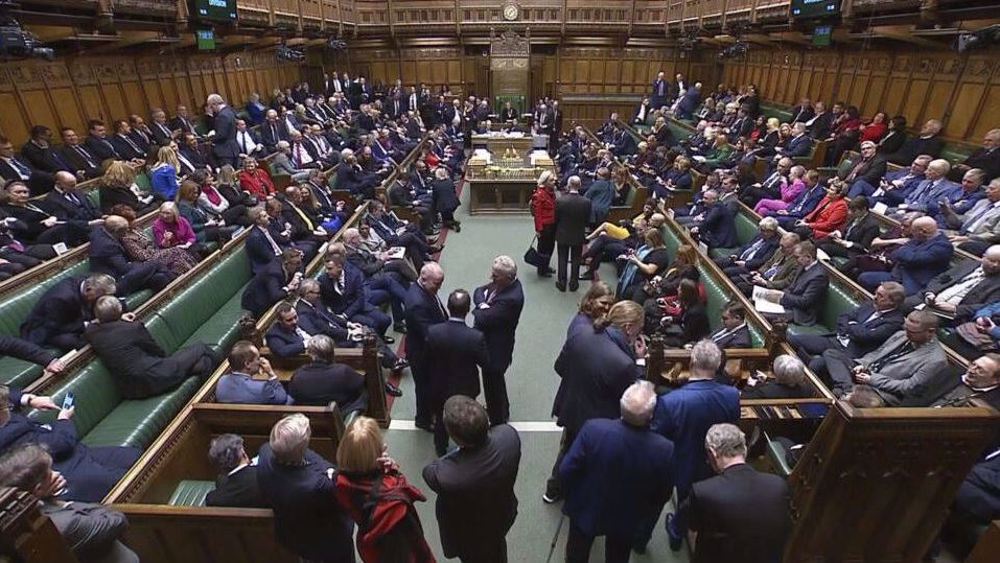

 This makes it easy to access the Press TV website
This makes it easy to access the Press TV website